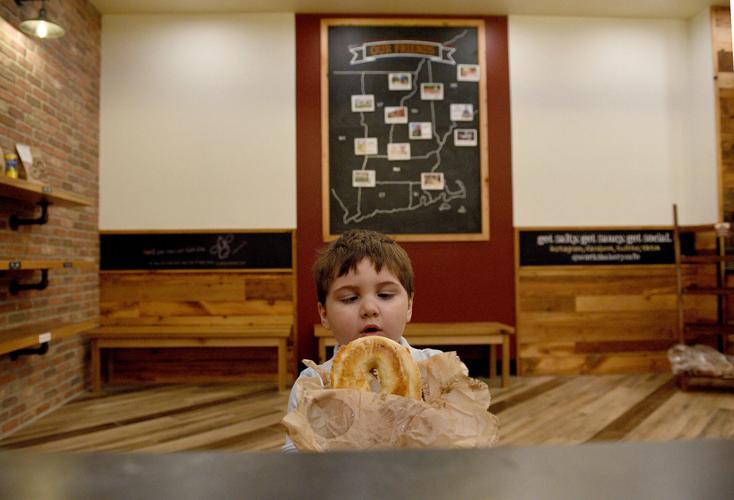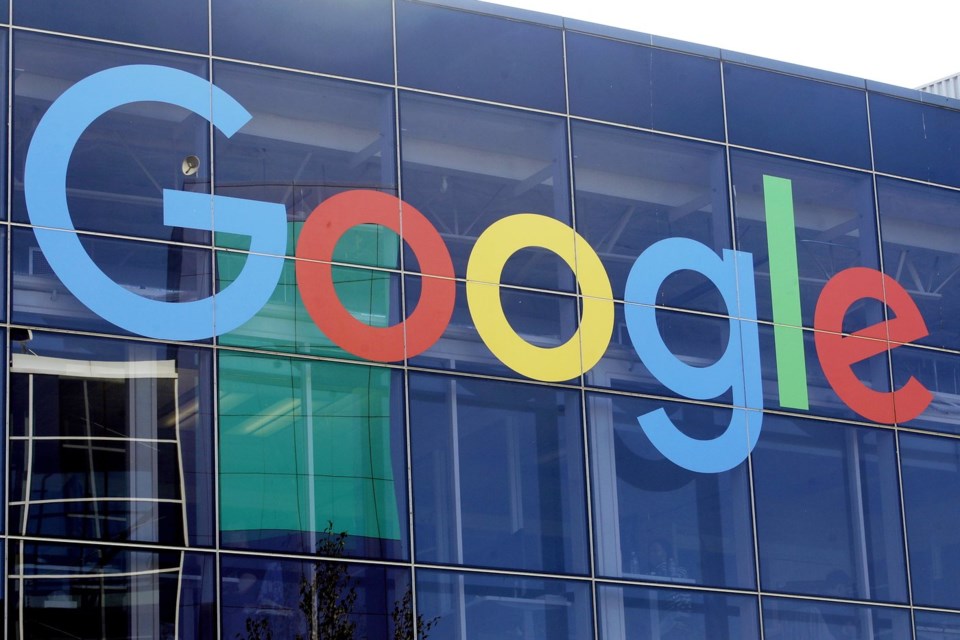WHEN Wendy Green bought a shared ownership two-bed flat she had no idea it would turn into a financial nightmare. But twenty years later the 48-year-old says she is trapped with hardly any disposable income due to soaring service charges and rent costs. 3 Wendy, 48, bought a 30% share of her southeast London flat through the shared ownership scheme 3 The flat she shares with her partner has dangerous cladding and is a fire risk 3 Wendy says she loves the place she lives in but she feels trapped and unable to buy her own home The policies and procedures manager, who lives with her retired husband in southeast London, has seen her home's service charges skyrocket from £1,000 a year to an eye-watering £6,100.
The increased costs have left her and her husband with just £250 a month in disposable income between them. Shared ownership schemes allow first-time buyers to purchase a share of a property if they can't afford to take out a mortgage for the total value of the home. They can help by offering lower upfront costs that let you gradually build up how much of the property you own.

More on mortgages LOW-DEPOSITS HIT HIGH Number of low-deposit mortgages available at highest since 2008 RATE CUT Mortgages drop below 4% as lenders poised to launch 'full blown rate war' You basically rent a portion of the property from a housing association and get a shared ownership mortgage to pay for the rest. Wendy told The Sun that when she bought her share in the property, she put down a deposit of £10,000 for an £81,000 share. At the time she was paying service charges of roughly £75 to £80 a month.
Her home had been valued at £280,000 - although within months it had dropped to £230,000. Most read in Money FOOD SPOT Chinese restaurant owned by celeb chef to open second branch in Glasgow GOT TO GRO Scots shoppers devastated after 'irreplaceable' store closes after 130 years CASH ONLY Major supermarket SUSPENDS all online orders after cyber attack PERFECT MATCHA Exact time cult coffee shop famed for matcha opens in Glasgow tomorrow She said shared ownership had seemed like the "best option" and it was "what we could afford" at the time as she didn't have a large deposit to put down. "But we didn't realise that we'd be in this position in 20 years' time," she said.
"I thought we'd be able to buy within about 10 years...
but I'm never going to be able to own my own home. I'm going to be renting after I retire." Best schemes for first-time buyers That's because in the last three years alone the property's service charges have doubled, and she's now paying a huge £508 per month.
On top of that, the couple are paying rent at £826 a month and for their mortgage - so in total their housing costs are £1,334 a month. The rent had initially been £393 so it's gone up by a huge £434 a month. Wendy is also expecting the mortgage costs to rise soon as she will be coming off her very low five-year fixed rate next year.
The couple then spend about £500 on bills per month and another £300 on food. Wendy works in Cambridge, so she's also spending at least £100 per month on petrol. Other expenses include food, insurance and a health plan for their two cats.
Wendy's husband has a small private pension but she says it's "not a huge amount" and all these costs leave them with about £250 a month between them to spend. "If I need a new washing machine, for example, that's got to come out of the £250 somewhere," Wendy explains. She says the couple are "frugal" and she is "forever saying no" to social events with friends to save money.
The couple don't have Spotify, Apple TV, or Netflix. But the increased costs mean they are unable to save, and they're also unable to put any more towards their mortgage. What is shared ownership? Consumer reporter Emily Mee looks at what you need to know about shared ownership schemes.
.. Shared ownership can be a way of helping first-time buyers get on the housing ladder if they can't afford a full mortgage.
Buyers usually purchase between 10% and 75% of the property, and the rest will be owned by a housing association. Like with a normal mortgage, you would need to come up with a deposit and there will be an interest rate to pay. But the deposit can be as low as 5%, making it easier for those with only moderate savings to get on the ladder.
You'll need to make monthly mortgage payments, but the housing association will also charge rent on its portion of the property. The rent is decided by the housing association but is usually below the market rate and around 3% of its share. That means if you bought a 25% share of a £300,000 property, you would need to pay rent on the remaining 75%, or £225,000.
Based on a 3% charge, this would work out as £562.50 per month. On top of the rent and mortgage, buyers will need to pay any service charges.
You can use the shared ownership scheme if you have a household income of £80,000 or less, or £90,000 in London. You must be a first-time buyer or have sold your home and be unable to afford a new one. Wendy says she has tried several times to buy a larger share of her flat, which is known as staircasing.
Staircasing lets you increase the share you own of the property by making small payments. These payments are based on a percentage of the value of the property. For example, if you wanted to buy an additional 10% share of a £300,000 property, you would need to pay £30,000.
The aim with staircasing is that those with a shared ownership property could end up owning their home outright, making it easier to sell on later. But Wendy says each time she has tried to increase her share, she has been "pretty much laughed out of the bank" because she couldn't pass affordability checks. "When I consider my mortgage and my rent, I could actually afford it," she says.
"But because the service charges are so high, they're not going to give me [a bigger loan]." Wendy says she feels trapped in her home because if she were to sell her share, she wouldn't get much equity. This is partly because the block of flats she's living in was found to have dangerous cladding after the devastating Grenfell Tower fire.
At one point, a waking watch - when people patrol a building 24/7 for signs of a fire - had to be implemented to keep residents safe. It means insurance costs are high at the property and the service charges have increased, so Wendy would likely need to drop the price of her share to get a buyer. "I am at that stage where I want to consider moving but am unable to because most people won't get a mortgage with the service charge levels," she says.
She adds: "When I think about it, I don't know that I would make any money [from a sale]." Wendy says her mortgage is at £60,000 as she hasn't been able to pay it off much over the years. "My lease is at 80 years, so buying additional years would cost me approximately £25,000," she says.
"On paper it looks like I would get £50k equity, but it will be less when you consider other costs." The 48-year-old also says she would need to move out of London if she sold because she wouldn't have enough for a deposit in the capital now. Currently her sister lives nearby and she has friends in the area.
What are the pros and cons of shared ownership? Although shared ownership schemes can help you get onto the housing ladder, there are some hidden dangers to watch out for. For example, you could get hit by high service charges, short leases or even the risk of being evicted. Here are the pros and cons to weigh up.
.. Pros You'll only need a small deposit because you're only buying a share of the property and therefore can get a smaller mortgage.
You won't need to to be able to afford the full market value of a property you're interested in. You could see your share go up in value over time, meaning you're building equity on the property. Cons You'll usually need to pay a service charge to cover the cost of cleaning and maintenance.
The initial charge isn't fixed so this cost can end up soaring over the years. Plus, the cost of the service charge doesn't depend on the share of the property you own so you could end up paying the same as someone with a 75% share even if you only have a 25% share. Shared ownership properties are leasehold, so you would own the property for a set number of years but you don't own the land it's on.
When the term of the lease expires, the property will belong to the landowner unless you extend the lease. If you want to apply for a lease extension from your landlord, this could cost tens of thousands of pounds. The property becomes harder to sell the more years you have left on the lease.
Therefore you could be forced to reduce your asking price to encourage someone to buy the property. High monthly mortgage payments and rent could mean that you do not save any money compared with just getting a mortgage. Just like with renting, you're still at risk of being evicted by your landlord as you pay rent on the portion of the property you don't own.
This could happen if you fail to pay rent, sub-let your home or are a nuisance. If you're evicted there is a risk that you could lose the proportion of the home you have already bought as you do not own it fully in the eyes of the law until you have staircased up to 100%. The housing association is not legally obliged to reimburse you if you are evicted, although you are legally entitled to be paid for your share on the sale of the property.
The stress of everything has had a huge impact on Wendy's day-to-day life. "I have actually been at the doctors over the past couple of years discussing the service charges and building safety issues," she says. "It's not been great for my mental health.
" If Wendy had known how everything would unfold, she would never have got a shared ownership home. She says she loves the place she lives in and she'd initially been excited to have her own space. Read more on the Scottish Sun CENTRE OF ATTENTION 'Opening date' for huge £400million Center Parcs in Scotland announced TRAGIC LOSS Prince Andrew accuser Virginia Giuffre dies by suicide after troubling posts "For at least a year I'd walk through that door and just think 'this is us'," she said.
But 20 years down the line, she's no closer to properly owning her home - and she can't see how that will change..
















